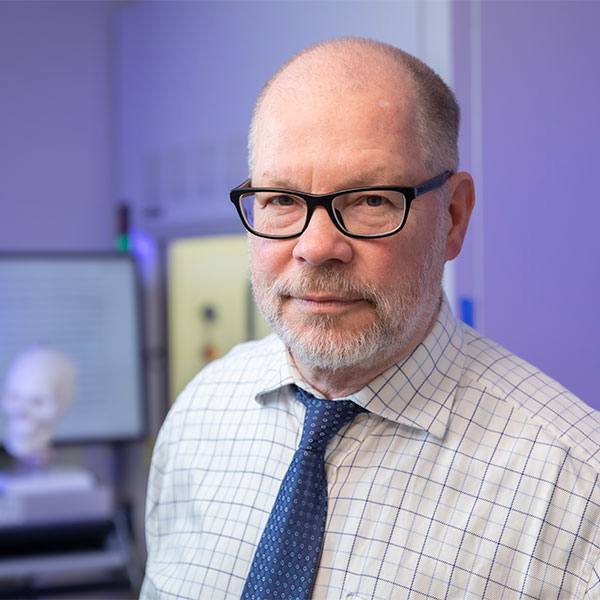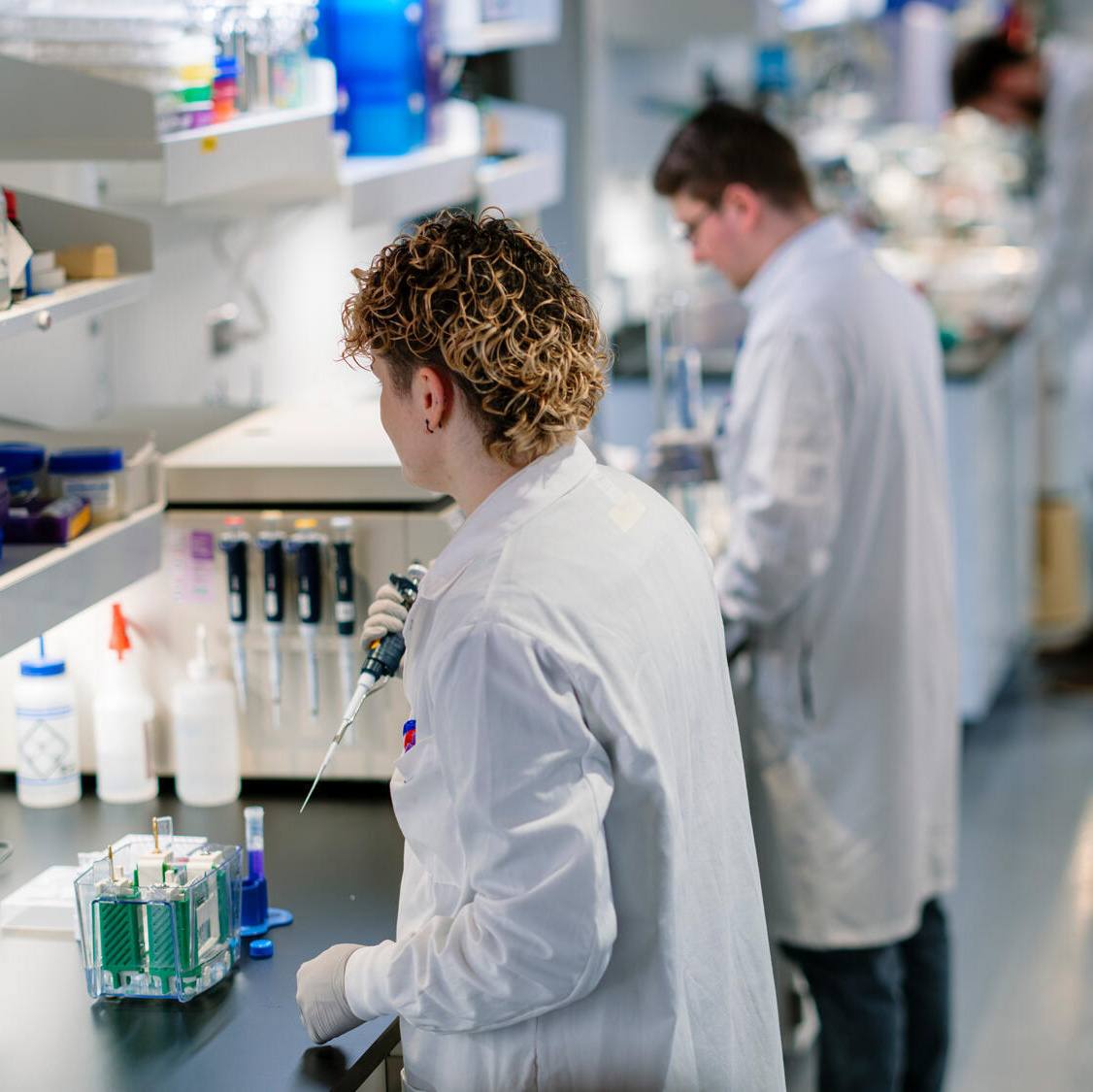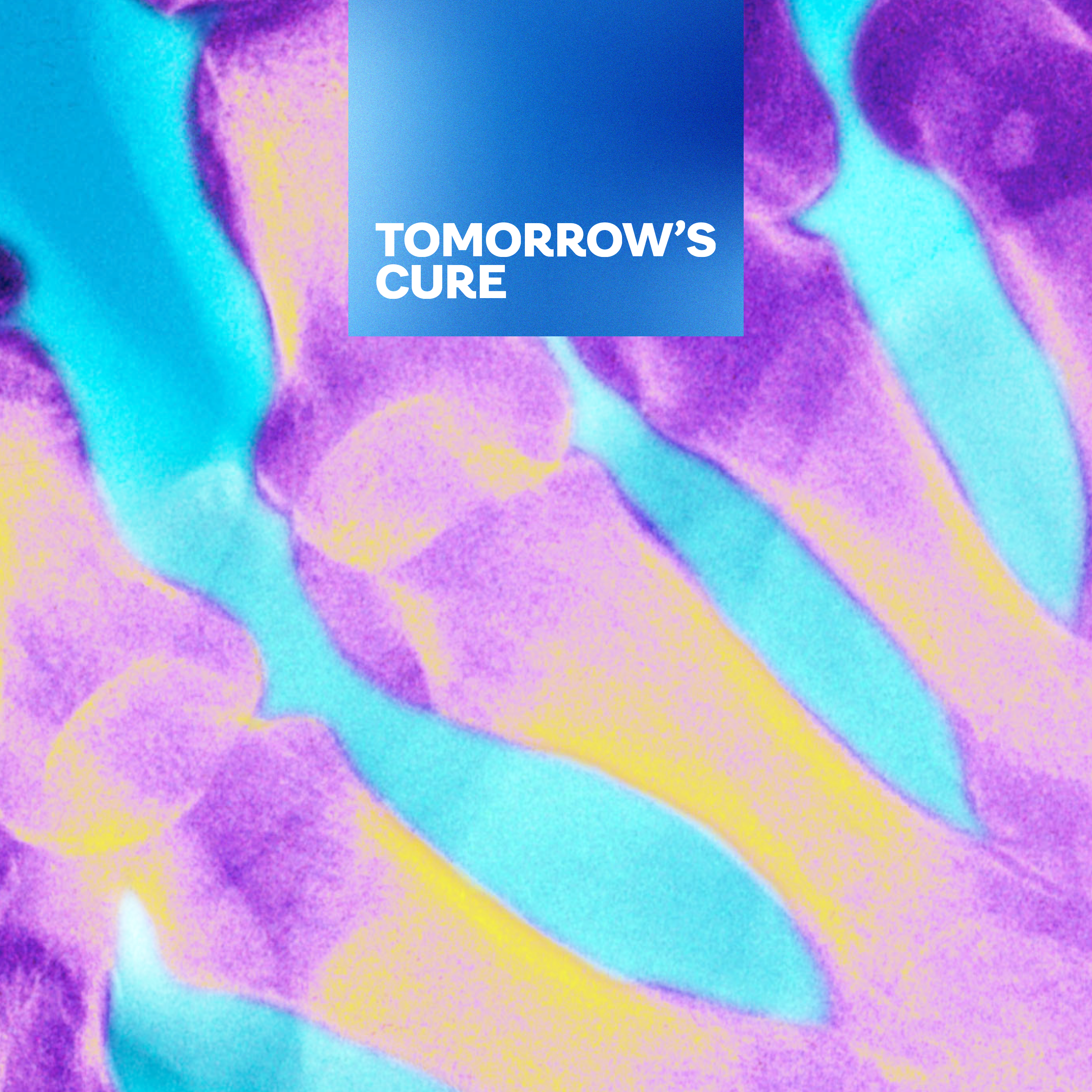-
Research
A new name for Center for Regenerative Medicine
Mayo Clinic's Center for Regenerative Medicine has been renamed the Center for Regenerative Biotherapeutics. The name change reflects Mayo's new strategic focus: manufacturing next-generation biotherapeutics for patients. The new name emphasizes how regenerative medicine at Mayo Clinic has evolved to advance groundbreaking discoveries toward curative products — biotherapeutics — for patients.
The Center for Regenerative Biotherapeutics is leading the execution of Mayo Clinic's biomanufacturing strategy to provide new cures for rare and complex conditions. This strategy is a key part of Mayo's 2030 vision and its "Bold. Forward." strategic plan.
The new name more appropriately aligns with the external market, which is important given Mayo's enhanced collaborations with biotechnology companies to accelerate practice-adoptable regenerative technologies. The center will play a critical role in early stage product development for clinical use at Mayo and collaborate with biotechnology companies to further accelerate the advancement of regenerative technologies.
"This is a very exciting time for regenerative biotherapeutics at Mayo Clinic, as we advance discoveries toward early stage clinical trials. Our goal is to build a strong community of physicians, scientists and industry partners that will create the world's most advanced ecosystem for the discovery, manufacture and delivery of first-of-their kind therapeutics," says Julie Allickson, Ph.D., the Michael S. and Mary Sue Shannon Family Director of Mayo Clinic's Center for Regenerative Biotherapeutics. Dr. Allickson is also the Otto Bremer Trust Director, Biomanufacturing and Product Development, for the Center for Regenerative Biotherapeutics.
The center is focusing on regenerative biotherapeutics across these technology domains:
- Live cellular therapies to replace or repair tissues, or engineered to target malignancies.
- Gene therapies that use genetic engineering and reengineered viruses.
- Tissue engineering, including 3D printing, biomaterials and bioengineering for repair and restoration.
- Extracellular vesicles that are secreted by natural or engineered cells. They can act as drug, protein or gene transporters.
- Phage-based therapies, including viruses that attack multiple drug-resistant infections.
- Synthetic biology that redesigns the function of organisms to fit medical needs.
The Center for Regenerative Biotherapeutics will lead this effort for key stakeholders, including Mayo Clinic Comprehensive Cancer Center, the Center for Individualized Medicine, the Department of Laboratory Medicine and Pathology, Mayo Clinic Ventures, Mayo Clinic Platform, the Center for Digital Health and Mayo Clinic International. The execution of the biomanufacturing strategy will be supported over the next five years with significant investment in research space, equipment and infrastructure across Arizona, Florida and Rochester.
The new name will be implemented in a coordinated approach for external and digital communications and over the next few weeks and will hopefully be completed by the end of the year.
###









